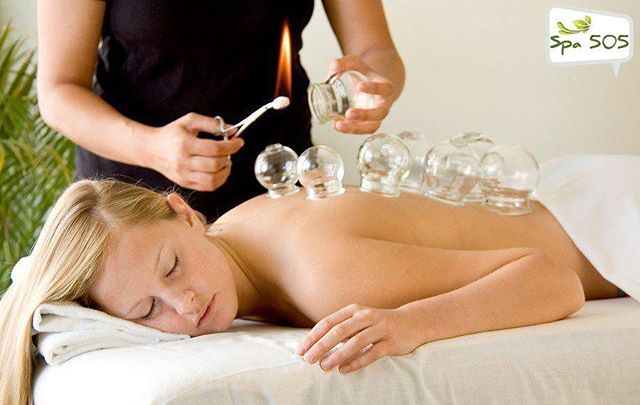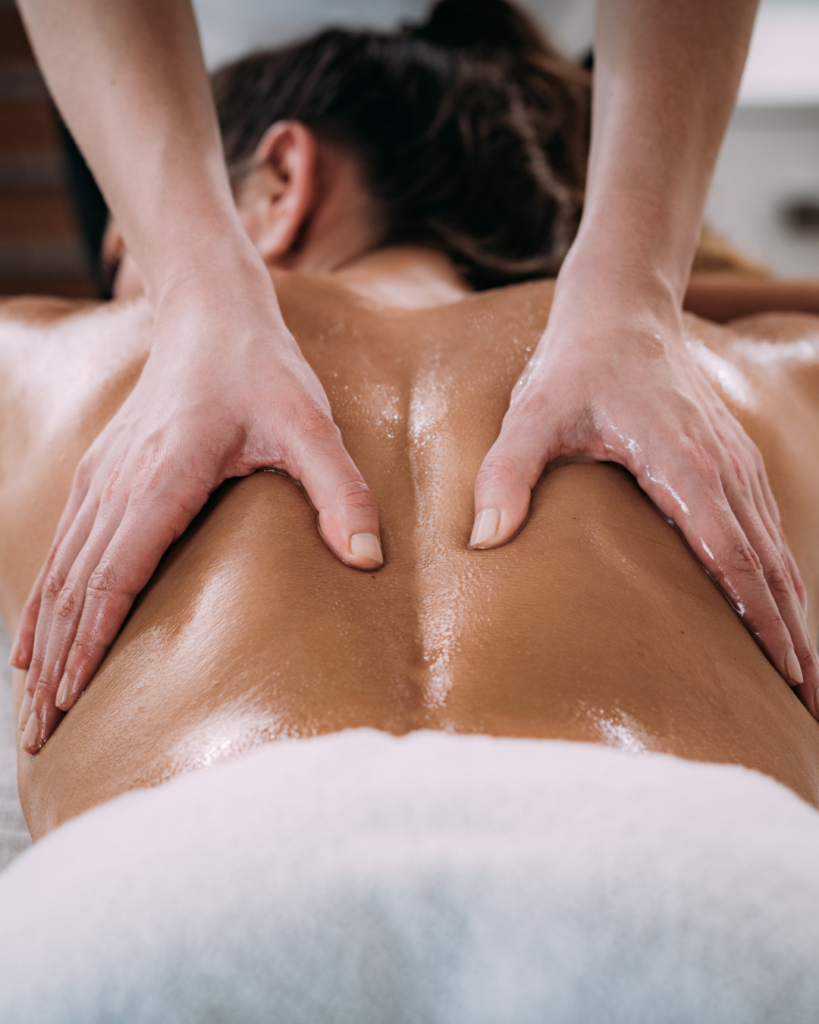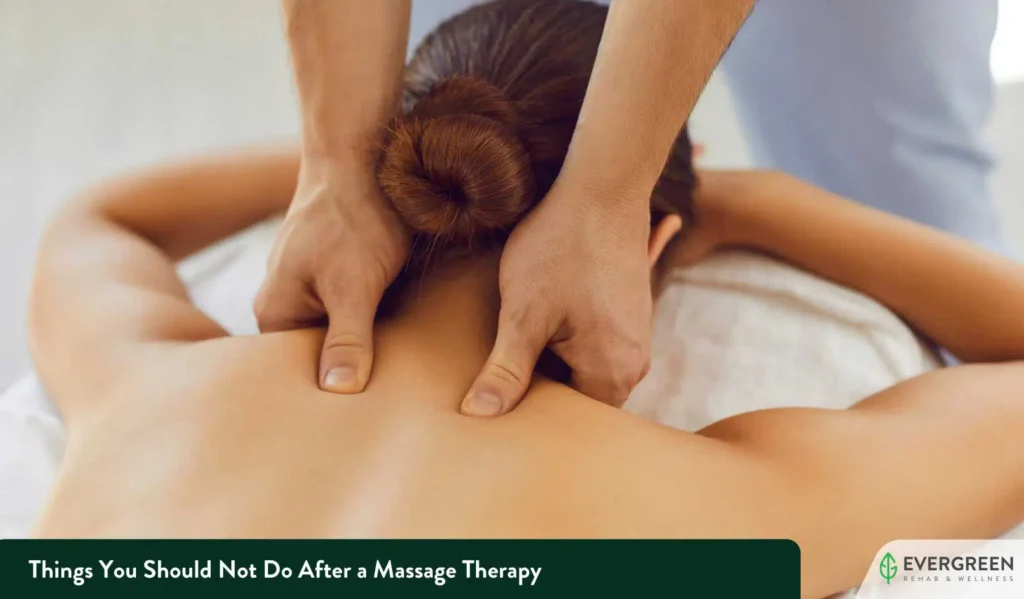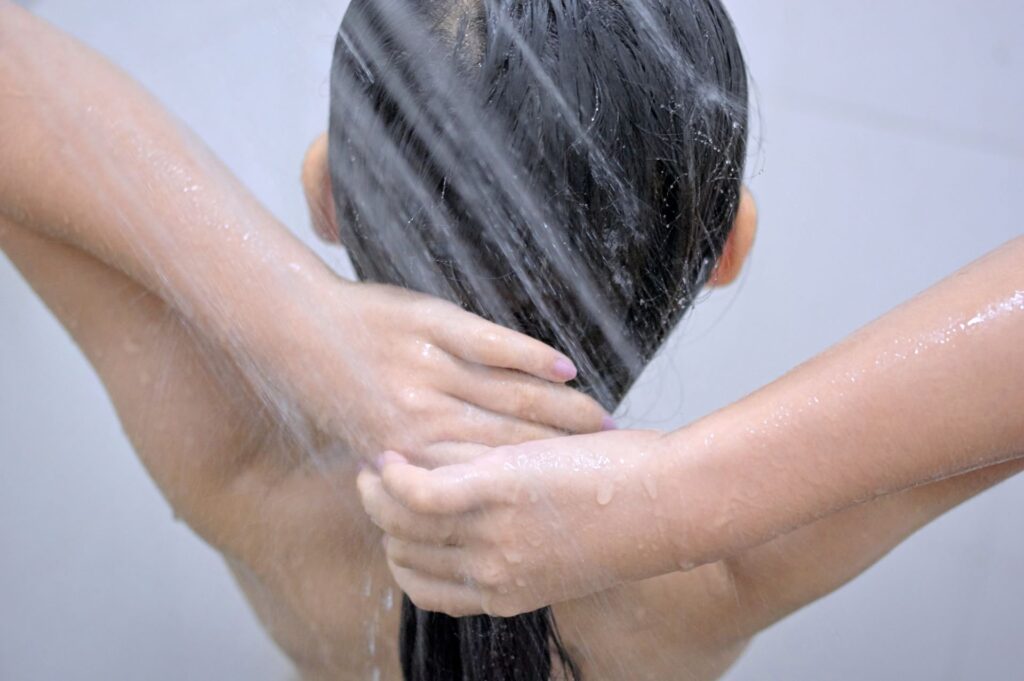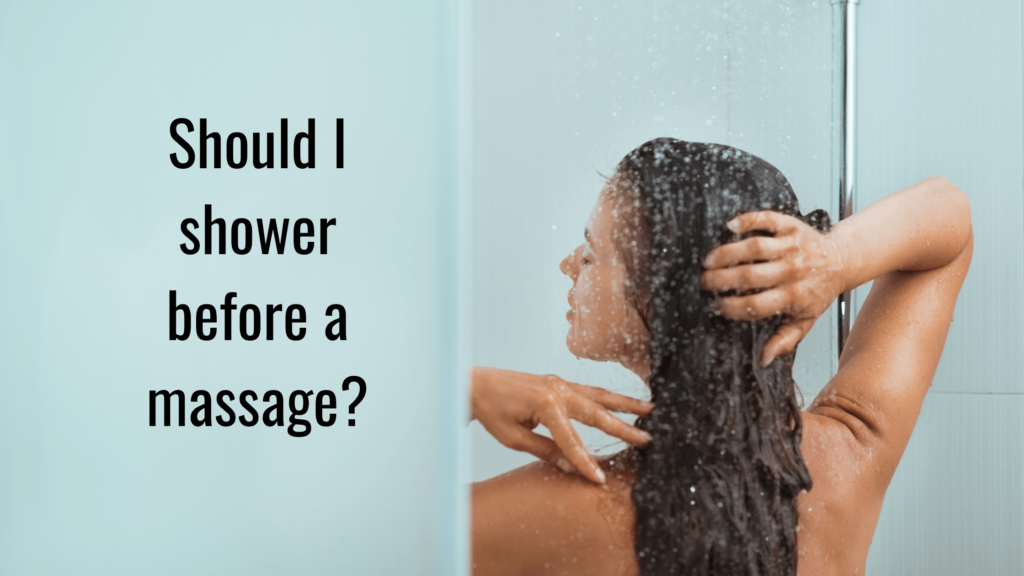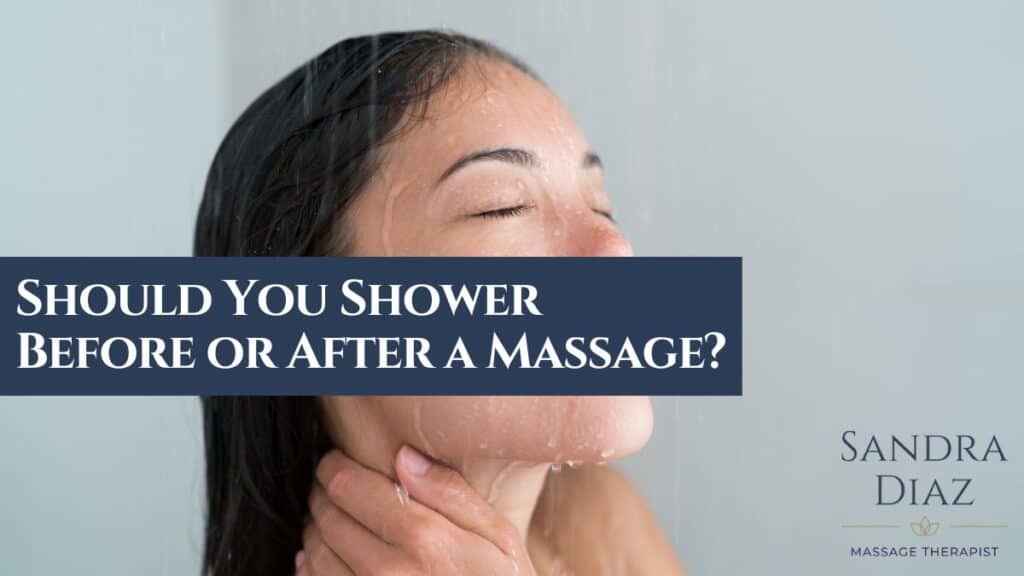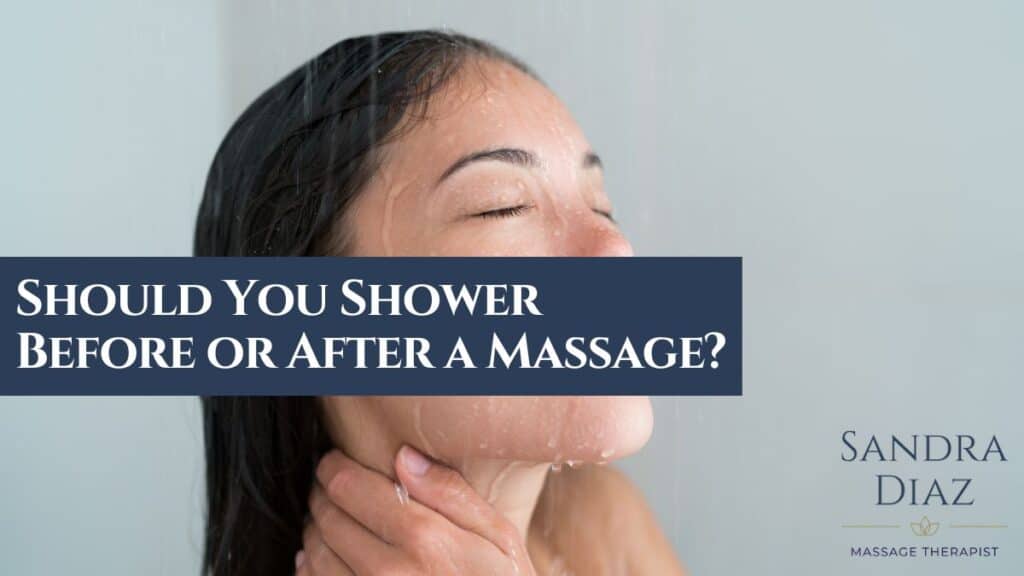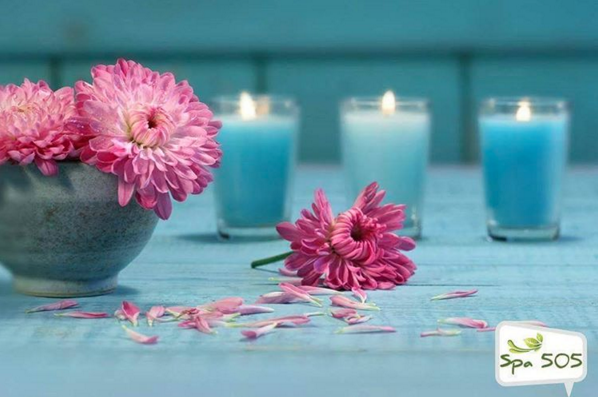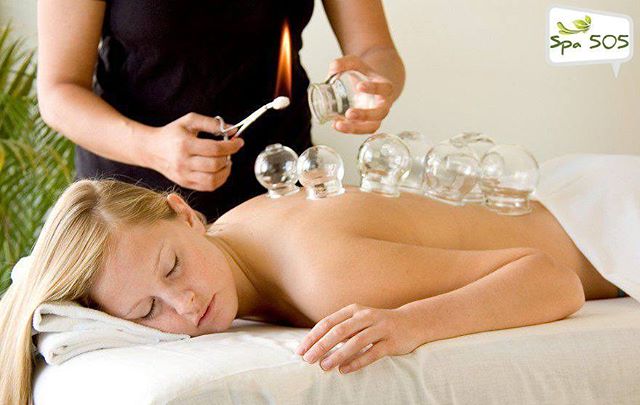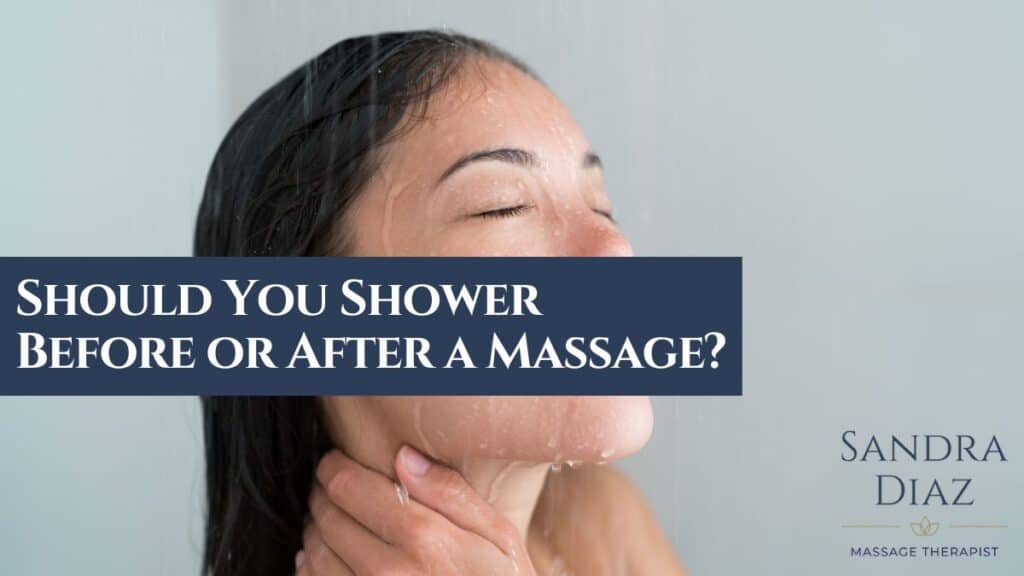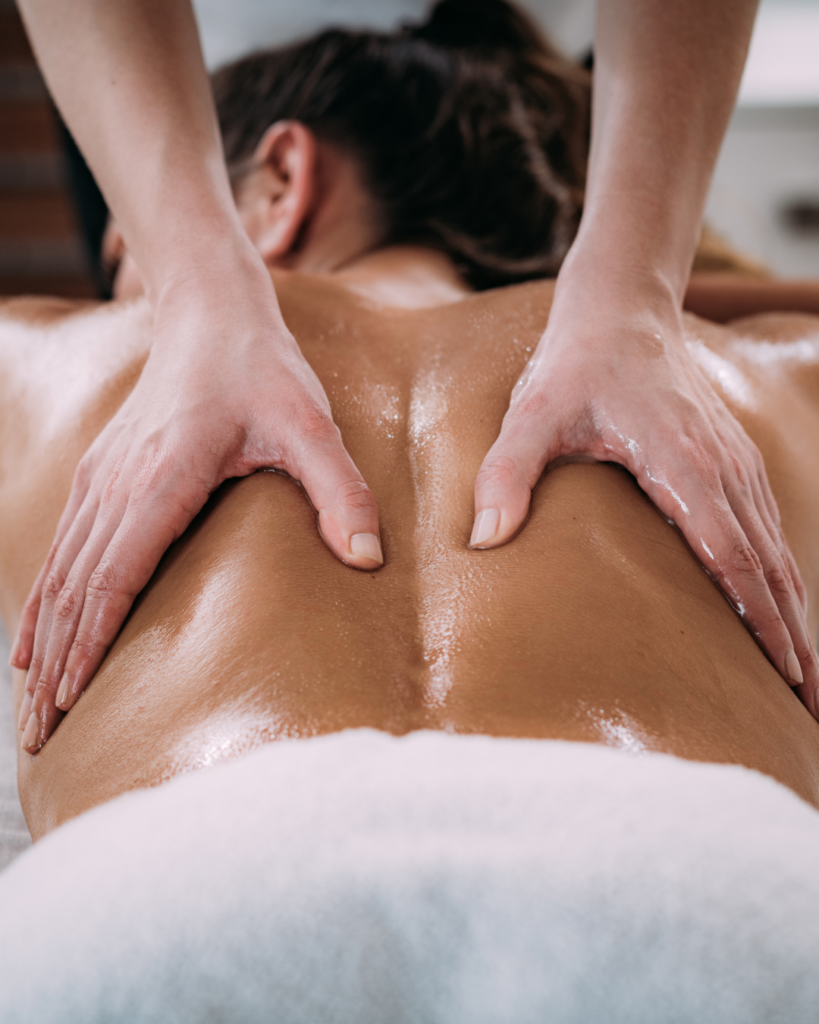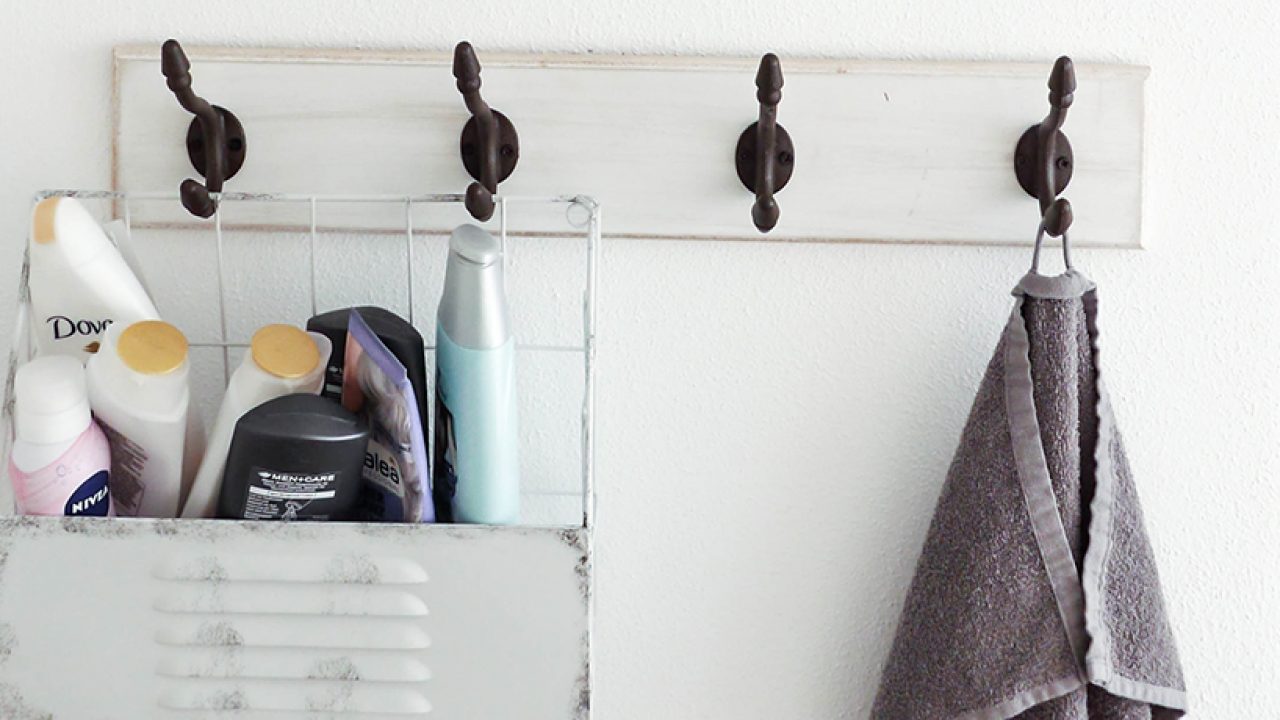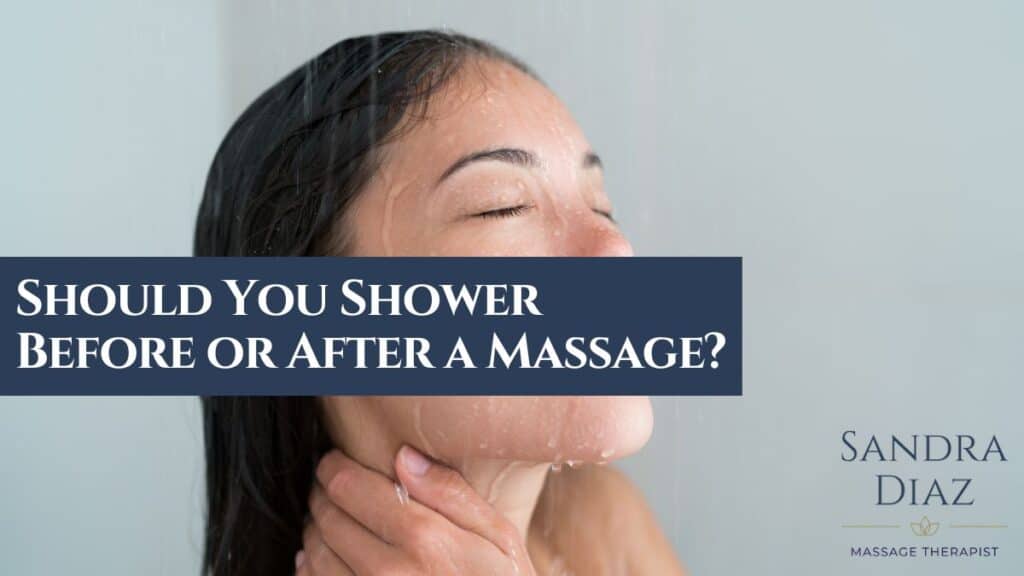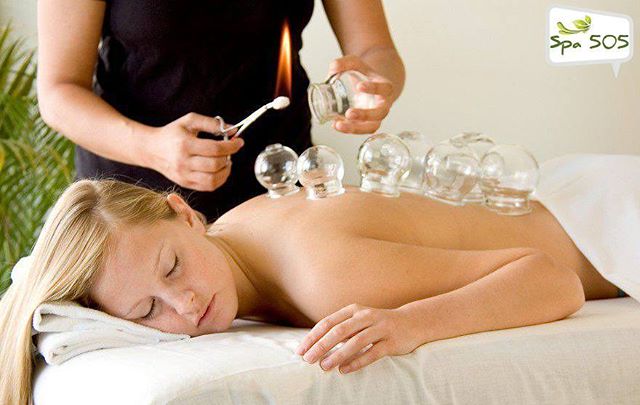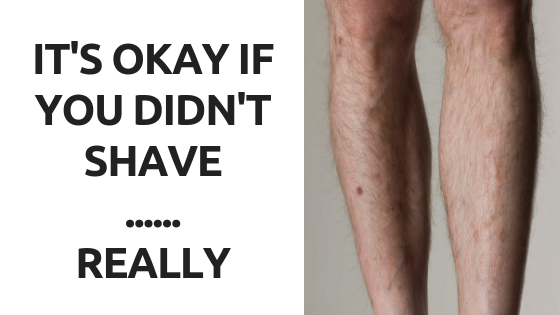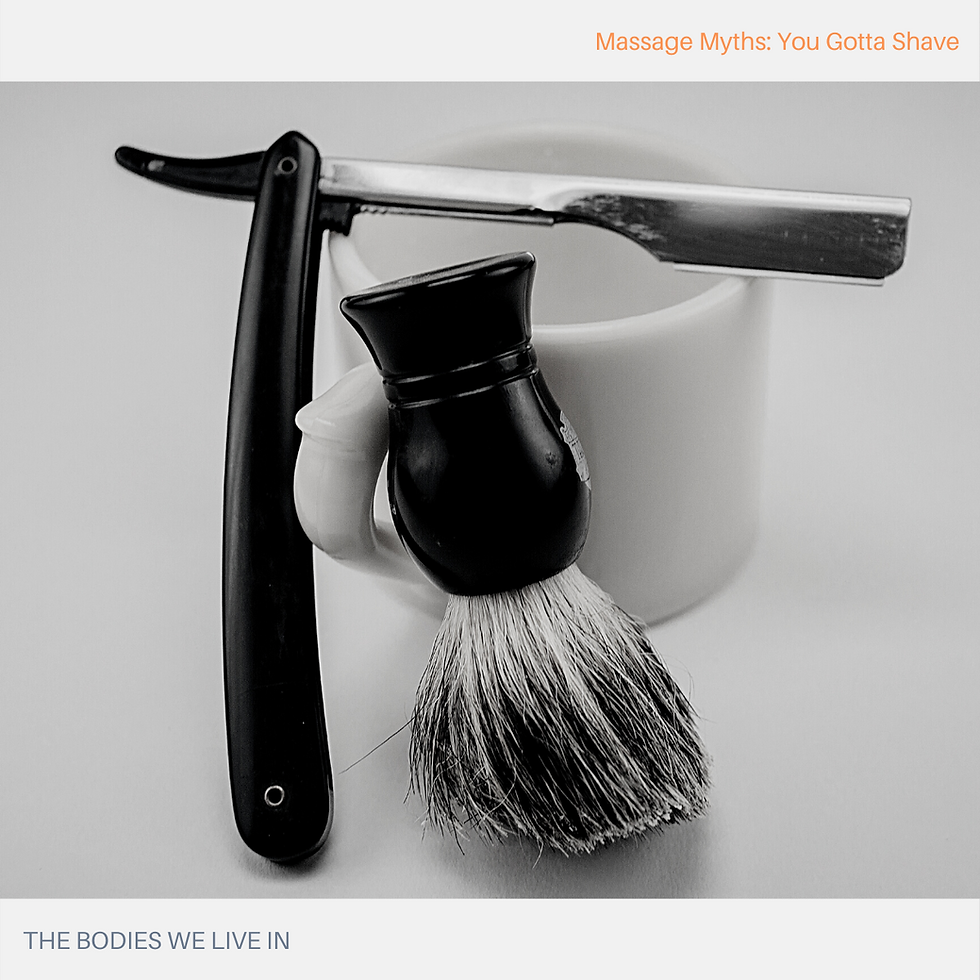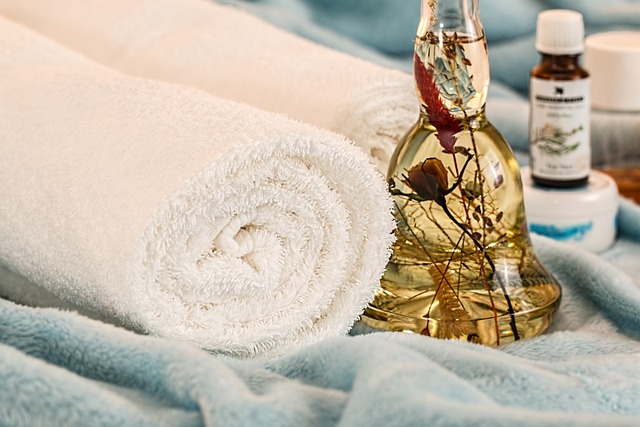Imagine stepping into a world of soothing relaxation and tension-melting massages. Yet, behind the serene facade of a massage parlor lies a hidden truth that many may not be aware of. This article peels back the layers to uncover the dirtiest secret that lurks within the walls of these establishments. Prepare to be shocked as we explore the dark side of massage parlors and reveal the depths they may sink to in search of profit. Brace yourself for an eye-opening journey into the unknown, where the boundaries of morality are pushed to their limits.
Unlicensed or Non-Compliant Operations
Operating without proper licensing
Operating a massage parlor without the necessary licenses and permits is not only illegal but also poses serious risks to both the establishment and its customers. Without the proper licenses, the parlor may not meet the required standards and regulations set by the local authorities. This can result in subpar services, unqualified staff, and even unsafe working conditions. It is important for massage parlors to adhere to the legal requirements to ensure the well-being of their employees and customers.
Violating local regulations
Massage parlors that ignore local regulations put themselves at risk of facing severe consequences. These regulations are in place to protect the public and maintain the integrity of the industry. Violations can include operating in unpermitted locations, disregarding zoning restrictions, or failing to comply with specific regulations related to cleanliness, safety, or noise levels. By disregarding these regulations, massage parlors not only jeopardize their own reputation but also the trust and safety of their clients.
Ignoring health and safety standards
Maintaining health and safety standards is crucial in any massage parlor. Neglecting cleanliness and hygiene can lead to the spread of infections and diseases. Additionally, non-existent or inadequate disinfection practices can further contribute to the transmission of harmful bacteria or viruses. Unsafe working conditions, such as poorly maintained equipment or lack of proper training, can also result in injuries or accidents. It is essential for massage parlors to prioritize the health and well-being of both their staff and customers by ensuring strict adherence to health and safety standards.
Illegal Activities
Prostitution and human trafficking
One of the most abhorrent illegal activities that can occur in unscrupulous massage parlors is prostitution and human trafficking. These establishments may function as fronts for illegal sex work, exploiting vulnerable individuals who are coerced or forced into engaging in sexual activities against their will. Not only do these activities exploit the workers involved, but they also perpetuate human rights violations and endanger the lives of those who are trapped in such situations.
Illegal drug activities
Massage parlors engaging in illegal drug activities pose a serious threat to both their employees and customers. Drug dealing and usage within these establishments not only create a dangerous environment but also contribute to the overall degradation of the community. The presence of illegal drugs compromises the integrity of the establishment and can lead to legal repercussions for those involved.
Money laundering
Money laundering is another illegal activity that can be linked to certain massage parlors. Money obtained through illicit means, such as prostitution or drug trafficking, may be funneled through these businesses to make it appear as legitimate income. Money laundering not only undermines the integrity of the financial system but also promotes criminal activities. Authorities closely monitor and investigate businesses suspected of money laundering to disrupt these illicit financial networks.
Unsafe and Unsanitary Conditions
Lack of cleanliness and hygiene
Massage parlors that fail to maintain cleanliness and hygiene put their customers at risk of various health issues. Unclean towels, equipment, and facilities can harbor bacteria and lead to infections or allergic reactions. Cleanliness should be a top priority in any massage parlor to ensure the well-being and comfort of clients.
Non-existent or inadequate disinfection practices
Proper disinfection practices are essential to prevent the spread of infectious diseases. Massage parlors should have strict protocols in place to sanitize equipment, surfaces, and linens between each client. Without appropriate disinfection measures, clients can be exposed to harmful pathogens, putting their health at risk.
Unsafe working conditions
Massage therapists working in unsafe conditions face a higher risk of injuries and accidents. This can include inadequate lighting, faulty equipment, or improper training on ergonomics and body mechanics. Unsafe working conditions not only compromise the well-being of the staff but also affect the quality of the services provided. Massage parlors should prioritize creating a safe work environment to protect their employees from harm.
Exploitation of Workers
Low wages and long working hours
Exploitative massage parlors may subject their workers to unfair wages and excessively long working hours. Employees, particularly those in vulnerable positions, may be forced to endure grueling schedules and low pay, making it difficult for them to improve their circumstances or find alternative employment. It is important for massage parlors to ensure fair wages and reasonable working hours to protect the rights and well-being of their employees.
Forced labor and debt bondage
Some massage parlors engage in the reprehensible practice of forced labor and debt bondage. Workers may be coerced or trapped in situations where they are unable to escape due to debts or threats of violence. This type of exploitation is a clear violation of human rights and must be strongly condemned. Massage parlors must actively strive to create a safe and supportive work environment, free from any form of forced labor or debt bondage.
Abuse and harassment
Exploitative massage parlors may cultivate an environment where abuse and harassment are prevalent. Employees may suffer verbal, physical, or even sexual abuse from their employers or clients. Such behavior is completely unacceptable and should never be tolerated. Massage parlors must prioritize the safety of their employees and implement strict policies against abuse and harassment. Providing a supportive work environment that promotes respect and professionalism is vital.
Untrained and Unqualified Staff
Lack of proper training and qualifications
Massage therapists must undergo proper training and possess the necessary qualifications to perform their work safely and effectively. However, some massage parlors may employ individuals without the required credentials or adequate training. This can result in poor quality services and potential harm to clients. Massage parlors should prioritize hiring qualified and licensed therapists to ensure the highest standards of professionalism and client care.
Inexperienced or incompetent therapists
Unscrupulous massage parlors may hire inexperienced or incompetent therapists. These individuals may lack the necessary skills and knowledge to provide effective treatments or identify potential risks or contraindications for certain clients. Hiring inexperienced therapists jeopardizes the satisfaction and safety of clients and undermines the reputation of the establishment. It is imperative for massage parlors to employ therapists with a proven track record of excellence and competency.
Limited knowledge of anatomy and physiology
A solid understanding of anatomy and physiology is fundamental for massage therapists to provide safe and effective treatments. Unfortunately, certain massage parlors may hire staff with limited knowledge in these areas. This can lead to inappropriate techniques, discomfort, or even injuries during a massage session. Massage parlors must ensure that their therapists possess a comprehensive understanding of anatomy and physiology to deliver quality services and mitigate any potential risks.
Unauthorized Touching or Sexual Misconduct
Inappropriate touching or groping
Massage parlors that engage in unauthorized touching, such as inappropriate touching or groping, violate the trust and well-being of their clients. This type of behavior is not only unethical but also illegal. Clients seek massage services for relaxation and therapeutic purposes, and any form of unwanted, non-consensual touching is a violation of their rights and personal boundaries.
Harassment or sexual assault
Massage parlors that tolerate harassment or sexual assault create an unsafe environment for both clients and staff. Clients should never have to endure unwanted advances, comments, or behavior that makes them feel uncomfortable or violated. Massage parlors must establish a zero-tolerance policy towards harassment and sexual assault, providing a safe space where clients can trust that their boundaries will be respected.
Engaging in sexual acts with clients
Perhaps one of the most egregious actions a massage parlor can engage in is the solicitation or participation in sexual acts with clients. This not only breaches professional boundaries but is also illegal in many jurisdictions. Engaging in sexual acts with clients is a clear violation of ethics, professionalism, and the trust that clients place in massage therapists. It is essential for massage parlors to enforce strict protocols and foster a culture of professionalism to prevent such misconduct.
Deceptive Marketing and Pricing
False advertising of services
Deceptive massage parlors may engage in false advertising to lure clients. They may claim to offer services they do not actually provide, mislead clients about the qualifications of their staff, or make exaggerated claims about the benefits of their treatments. This unethical practice misleads and deceives potential clients, leading to dissatisfaction and disappointment when the promised services are not delivered. Massage parlors should prioritize transparency and honesty in their marketing efforts to build trust with their clientele.
Hidden fees or additional charges
Some massage parlors may engage in deceptive pricing practices by charging hidden fees or adding additional charges without full disclosure. This can create a sense of mistrust and leave clients feeling cheated or taken advantage of. Massage parlors should ensure that their pricing is clear, transparent, and accurately reflect the services provided, avoiding any hidden fees or unexpected charges.
Bait-and-switch tactics
Unscrupulous massage parlors may employ bait-and-switch tactics to mislead clients. They may advertise attractive prices or promotions to attract potential customers, only to switch them to more expensive services once they are at the establishment. Bait-and-switch tactics are misleading and unfair, and massage parlors should maintain honesty and integrity in their pricing and promotions to retain the trust of their clients.
Privacy and Confidentiality Violations
Unauthorized sharing of client information
Respecting client privacy and confidentiality is paramount in any massage parlor. Yet, some establishments may unlawfully share client information without consent, which not only breaches trust but also violates privacy laws. Clients should feel confident that their personal information, health history, and any other sensitive details will be kept strictly confidential. Massage parlors must rigorously uphold privacy and confidentiality standards to protect the well-being and privacy of their clients.
Lack of privacy during sessions
Massage parlors that fail to provide adequate privacy during sessions can make clients feel uncomfortable and exposed. Whether it is through thin walls, lack of curtains, or improper draping techniques, clients should have a secure and private space where they can relax and receive their treatments without feeling self-conscious or vulnerable. Respecting client privacy is essential to create a positive and professional environment.
Recording or streaming sessions without consent
Recording or streaming massage sessions without the explicit consent of the client is a clear violation of their privacy rights. It is essential for massage parlors to obtain informed consent before any recording or streaming takes place. Clients should have full control over the use of their image or voice during a session and be confident that their privacy will be respected. Massage parlors must prioritize the protection of their clients’ privacy at all times.
Poor Service and Customer Experience
Neglecting client needs and comfort
Massage parlors that neglect client needs and comfort fail to provide the high-quality service and experience that clients deserve. This can include disregarding specific requests, not addressing concerns or complaints, or providing rushed and impersonal sessions. A client-centered approach is crucial in the massage industry, and massage parlors should prioritize understanding and meeting the unique needs of each individual to ensure a positive and satisfying experience.
Rushed or incomplete sessions
Some massage parlors may rush or provide incomplete sessions, compromising the quality and effectiveness of the treatment. Clients should receive the full duration of their scheduled session and have their concerns and specific goals addressed. Cutting corners or rushing through treatments diminishes the potential benefits and can leave clients feeling unsatisfied. Massage parlors should allocate sufficient time for each session and ensure therapists follow established protocols to provide comprehensive and thorough treatments.
Inadequate communication and customer service
Effective communication and excellent customer service are essential to create a positive experience for clients. Inadequate communication can lead to misunderstandings, unmet expectations, and frustration. Clients should feel heard, respected, and informed throughout their interaction with the massage parlor, from making appointments to receiving the treatment itself. Massage parlors must invest in comprehensive training programs to enhance communication skills and provide exceptional customer service.
Lack of Professionalism and Ethical Practices
Failure to maintain professional boundaries
Massage therapists should maintain professional boundaries at all times. However, some massage parlors may condone or even encourage behavior that blurs the line between professional and personal relationships. This can lead to uncomfortable situations, compromised ethics, and potential harm to both clients and staff. Massage parlors must establish and enforce clear guidelines for professional conduct to ensure that boundaries are respected and professionalism is upheld.
Engaging in unethical practices
Unethical practices within massage parlors can include actions such as accepting kickbacks from suppliers, manipulating client feedback, or engaging in unfair business practices. These behaviors undermine the integrity of the industry and erode trust in massage parlors as a whole. Upholding a strong code of ethics is necessary to ensure that massage parlors operate with transparency, fairness, and professionalism.
Ignoring code of conduct
Massage parlors are expected to adhere to a code of conduct that governs their practices and standards. Failing to observe the code of conduct compromises the values and principles that should be upheld within the industry. Massage parlors must ensure that their staff is aware of the code of conduct and committed to upholding its principles. By doing so, they contribute to maintaining the professionalism and trustworthiness of the massage industry.
